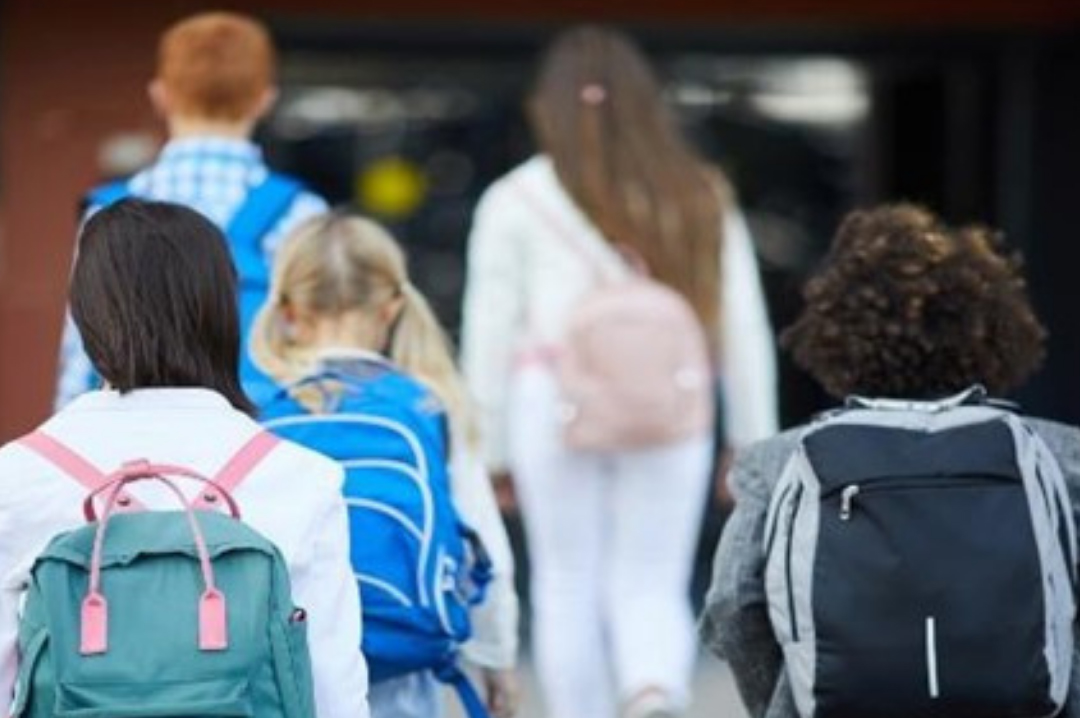With all the challenges that students face today, it’s imperative to have a strong mental health system in place for them. To create a supportive and healthy environment for students to develop their full potential and prepare for the challenges of adulthood, communities and schools must take steps to provide this safety net for them.
Our Students’ Mental Health is Declining
According to a national poll reported by Michigan Health, 46 percent of parents reported a new or worsening mental health condition in their teens since the start of the pandemic. The root of the problem may be restricted social interactions that offer kids emotional support. Their normal routines have suffered from long-term disruption, leading to a spike in depressive symptoms and anxiety.
With the world slowly returning to normal and kids going back to face-to-face classes and activities, we need to consider how 2020 and 2021 have impacted the mental health of our youth. Despite kids’ resiliency, we cannot expect them to simply pick up where they left off—many return to school struggling with paranoia, fear and anxiousness, even grief. Without the right programs to help kids manage their feelings, new mental health issues may develop, or existing conditions may get worse.
Adults and Parents Aren’t Much Better Off
Many adults and the parents of school-aged children suffered significantly during the pandemic. Increases in symptoms of anxiety disorder and depressive disorder were reported across the U.S. Adults worried about the economic recession, stressed over their health and feared they’d lose their jobs. Polls tracked adults who reported having difficulty sleeping and eating. Chronic conditions worsened, and people admitted increasing their alcohol consumption and substance use to cope.
However, these pandemic-related impacts on mental health are not exclusive to adults. The children become secondary victims as they witness their parent’s deteriorating mental health. Because schools are where kids spend the most time apart from home, teachers, counselors and school officials must recognize that it also falls on them to address the students’ mental health needs.
We need to provide social-emotional support by destigmatizing mental health disorders and increasing access to mental health programs. On October 19, 2021, the U.S. Department of Education released a resource on supporting children’s social, emotional, behavioral, and mental health during the COVID-19 era. The goal is to communicate how crucial it is to provide mental health services.
At Communicare, we support these efforts and the opportunities to have meaningful conversations about mental health.
Our Outpatient School-Based Program provides multifaceted services throughout multiple school districts. Our therapists can quickly intervene with services in schools throughout Lafayette, Panola, Tate, Yalobusha, Marshall and Calhoun counties. Children can receive the help they need to maintain their highest possible level of wellness, life satisfaction and independence as appropriate in the school setting. Click here to learn more about our Children’s Services.
If you or your child have an emergency, please call 911, go to your nearest emergency room or call 1-866-837-7521 to be connected to Communicare’s mobile crisis team, 24 hours a day, seven days a week, 365 days a year.

